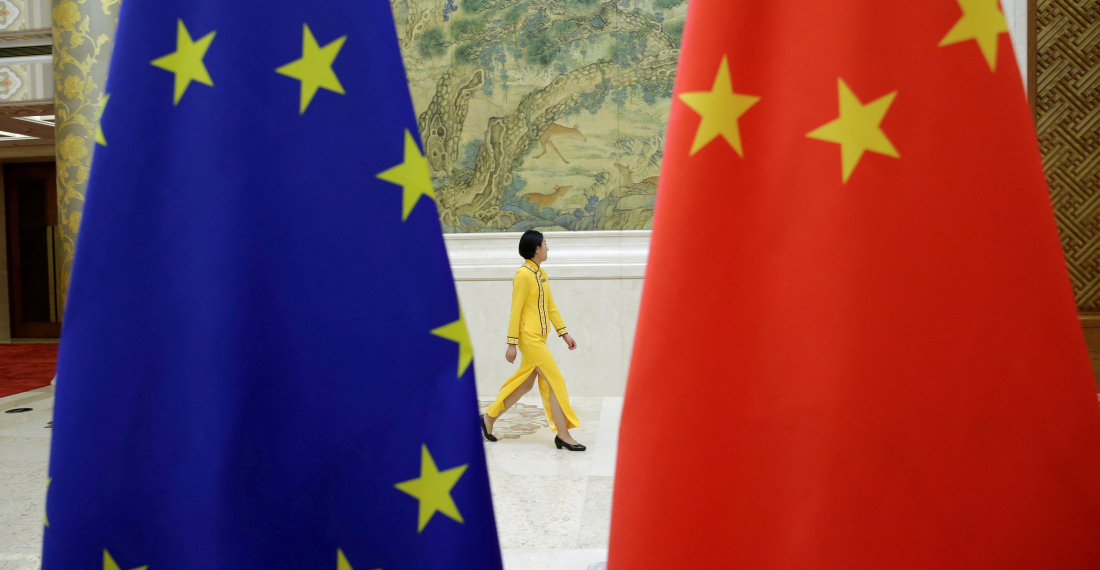The European Union is poised to impose significant new tariffs on Chinese electric vehicles (EVs), a move expected to raise more than €2 billion a year despite warnings from Germany about the potential economic impact. Brussels is determined to impose additional tariffs of up to 25% on these imports from next month, arguing that subsidies given to Chinese EV manufacturers allow them to unfairly undercut European competitors. The decision has sparked controversy, particularly in Germany, where there are fears of sparking a trade war with China, the EU's biggest trading partner.
The push for higher tariffs is mainly supported by France and Spain, which see the extra revenue from these duties as a boon for the EU budget. The new tariffs come as Chinese EV exports to Europe are set to reach €10 billion by 2023, marking a significant increase in market share. However, Beijing has not taken the move lightly, threatening retaliation and lobbying other EU countries to oppose the tariffs, which would come on top of the existing 10% duty on such vehicles. Despite these tensions, some EU officials are under pressure to escalate tariffs even further, mirroring the higher rates imposed by the US.
This development could have a significant economic impact, including reducing Chinese EV imports by around 25%, equivalent to 125,000 fewer vehicles entering the EU market. The Kiel Institute predicts that while this reduction would be somewhat mitigated by increased local production and reduced exports from the EU, consumers are likely to face higher prices. This scenario reflects wider concerns about the impact of protectionism on global trade dynamics, with many EU carmakers worried about potential retaliation from China that could affect their access to its market. The debate continues as member states prepare to vote on the proposed tariffs, with a final decision expected before 2 November.






